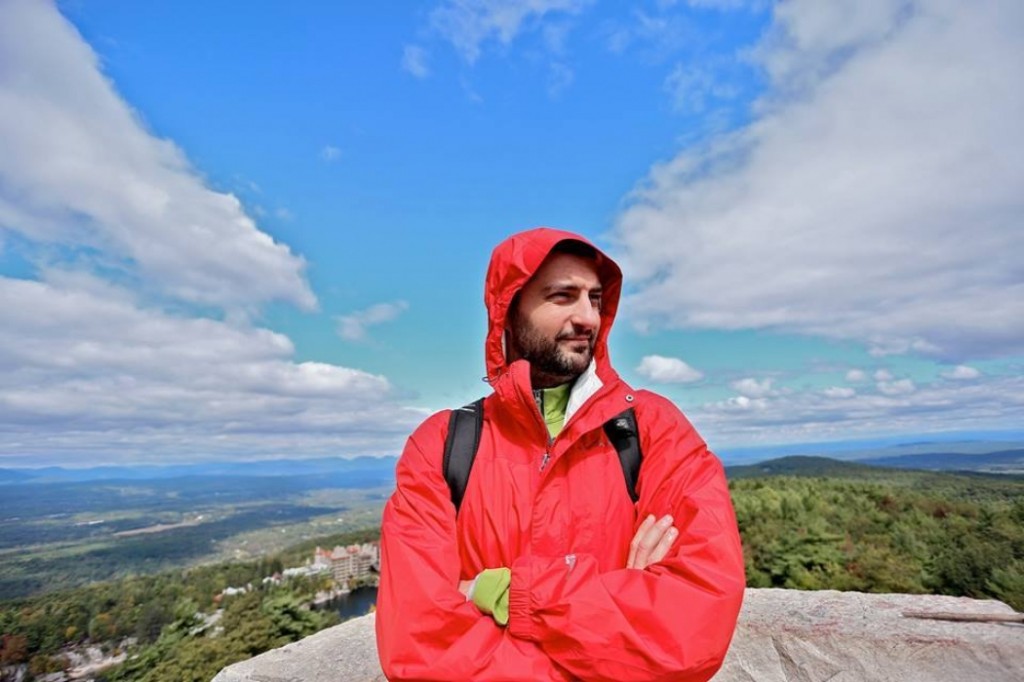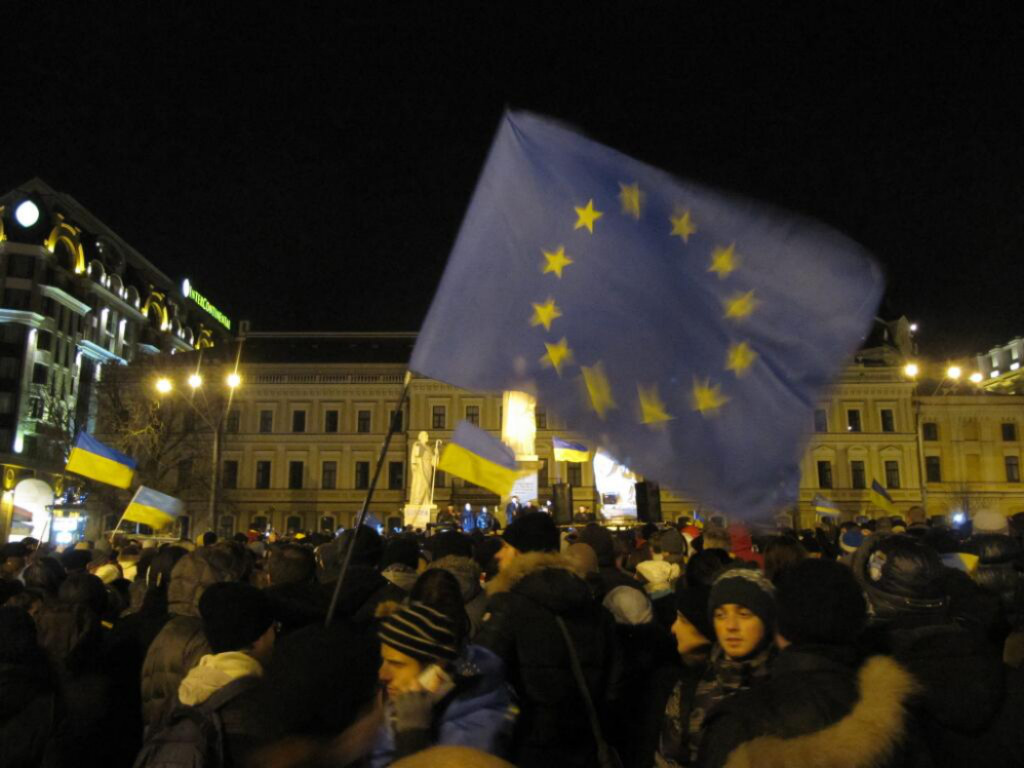The summer is ending, and Balkanist’s first birthday is fast approaching. I hope to write more about the year that was, about how absolutely none of this turned out the way I expected it to, and about how I hope this is just the beginning, but first I’m going to share some of the pieces that resonated the most with our readers, with me, and with some of the friends/contributors who’ve stood by us on this occasionally turbulent trip.
There are plenty of articles I love just as much as the first batch below that aren’t on this list, but you wouldn’t believe how much my brain has been baked by this hot Black Sea sun. Besides, I’m still disoriented from stumbling from place to place, trying to find somewhere in the world to feel normal enough to write something — anything — again, so please forgive me my mind-muddled omissions.
Thank you to everyone who has paid attention to our humble, lonely, frequently inconsistent little site.
How to Write About the Balkans
This little riffing on the “How to Write About ___” form that began with Binyavanga Wainaina’s brilliant “How to Write About Africa” was finished in about 45 minutes one morning last August, making it the fastest piece of writing I’ve ever done for Balkanist. It also spread so unexpectedly fast online that I haven’t really had a chance to stop thinking about Balkanist since. Within about 48 hours of launching our website, the piece had been shared thousands of times, translated into several languages, and was republished far beyond the Balkan region: on Andrew Sullivan’s the Dish, BBC Culture, openDemocracy, and the Browser. It’s since been used in presentations by professors at Cambridge University, and read by ministers at Johns Hopkins University. I still stand by every word.
The Rise and Fall of Yugoslavia’s Peace and Porn Hotel
I wish I still had time to visit places like the Haludovo Hotel, and research them with as much attention as I once did. The story is about Penthouse Magazine founder and American porn mogul Bob Guccione, but it’s also about Saddam Hussein, Vladimir Putin, Franjo Tudjman, Tito, and offshore tax shelters. It’s also about Yugoslavia’s strange sexual permissiveness, which occasionally coexisted alongside various forms of repression. I took the photos of the hotel with a broken iPhone, which I lost this winter.
Opportunity or Modern-Day Slavery: Qatar Seeks Balkan Housemaids
I came across an article about plans to ship “beautiful Balkan housemaids” off to oil-rich shiekdoms like Qatar shortly after reading about the treatment women and men of other nationalities had received in the Gulf, which had been described as “indentured servitude”. I found the enthusiasm with which government officials in the Balkans endorsed these plans without any labor protections in place pretty disconcerting. After the article was published on Balkanist, it was translated into Macedonian and Albanian, and prompted a response from Kosovo’s Ministry of Labor promising that women who worked in the Gulf under the new agreement would be guaranteed decent living conditions and freedom from abuse. That said, different kinds of exploitative agreements between Gulf states and governments in the Balkans are still being planned (e.g. “Belgrade on the Water”).
Buying Eastern Europe: The Tobacco Industry Takeover, and Death and Taxes
Read about the super expensive, semi-salacious teen dance parties thrown by immoral old men from American tobacco companies seeking new markets for their products in countries like Belarus, Ukraine, Russia, and Serbia.
From Internal Exile in Sarajevo to Queens, NYC
The first in Dunja Latinovic’s “Diasporas” series started with a widely circulated, discussed, and republished piece: Her interview with Eldar Saraljic inspired a range of reactions in our readers, from rage to recognition (and from people across the former Yugoslavia and beyond). Saraljic’s disavowal of nationalism in Bosnia and Herzegovina and thoughts about the country’s potential for “social change” seem even more relevant in retrospect, especially in the aftermath of the Bosnian Spring (or “unrest”, as some call it) and widespread regional solidarity witnessed in the wake of this May’s catastrophic flooding.
The Church of Scientology Wanted a Balkan Holy Land
Mostly noteworthy because the Church of Scientology sent us an email threatening us with a lawsuit after the article was published. Our first piece of writing to inspire a threat of legal action.
Extinguishing Politics: The Euromaidan and EU Policy in BiH
Several weeks before the events known as the Bosnian Spring began, Jasmin Mujanovic wrote about the “near total elimination of popular participation from politics” in Bosnia and Herzegovina, and the potential consequences of this public disenfranchisement. The piece was written in the wake of this winter’s Euromaidan protests, and Mujanovic noted that like Ukraine, Bosnia and Herzegovina did “not lack for causes to revolt” or “for public squares or government buildings to occupy.” Of course, less than a month later, government buildings were attacked and occupied as symbols of widespread discontent, and plena, in which ordinary citizens created spaces to discuss their demands and local concerns, were organized across the country. But Mujanovic’s piece wasn’t just prescient; it also contained an important reminder for Ukraine and other countries in the region:
“A genuine desire for EU membership may be the nominal cause of the [Euromaidan] protests and certainly the one to be most readily embraced by the Western media. Yet the massive gatherings in the streets also speak to the fact that the Ukrainian people are not interested in a mere transition in their leadership, from oligarchs to Eurocrats. They imagine themselves as agents of change and not victims of transition.”








